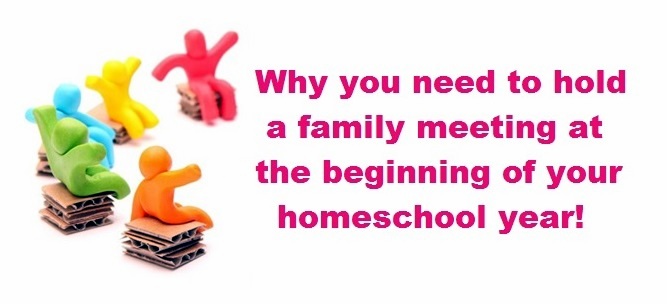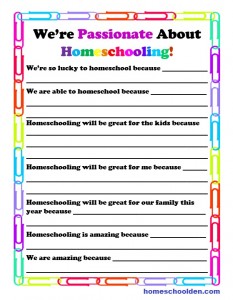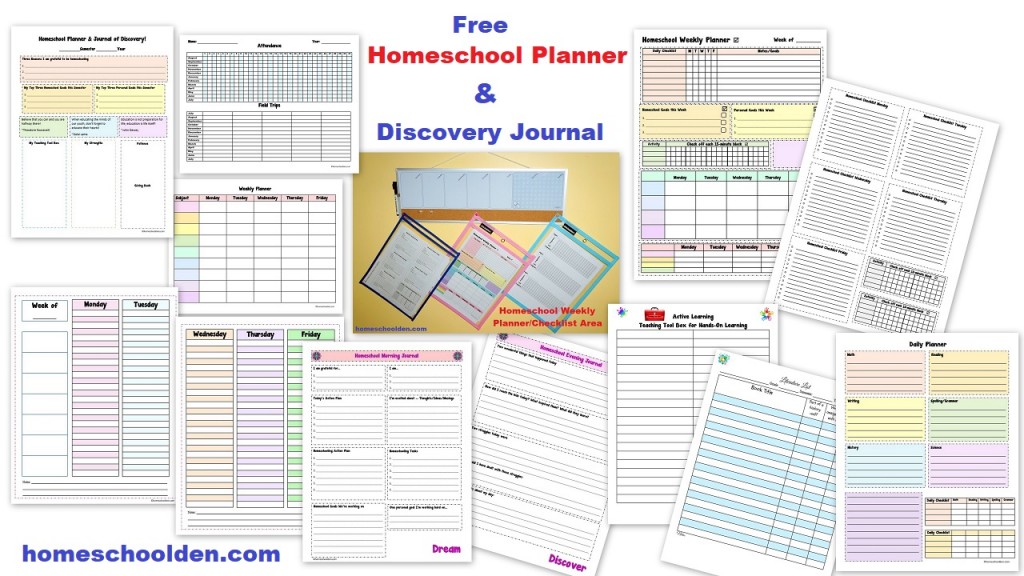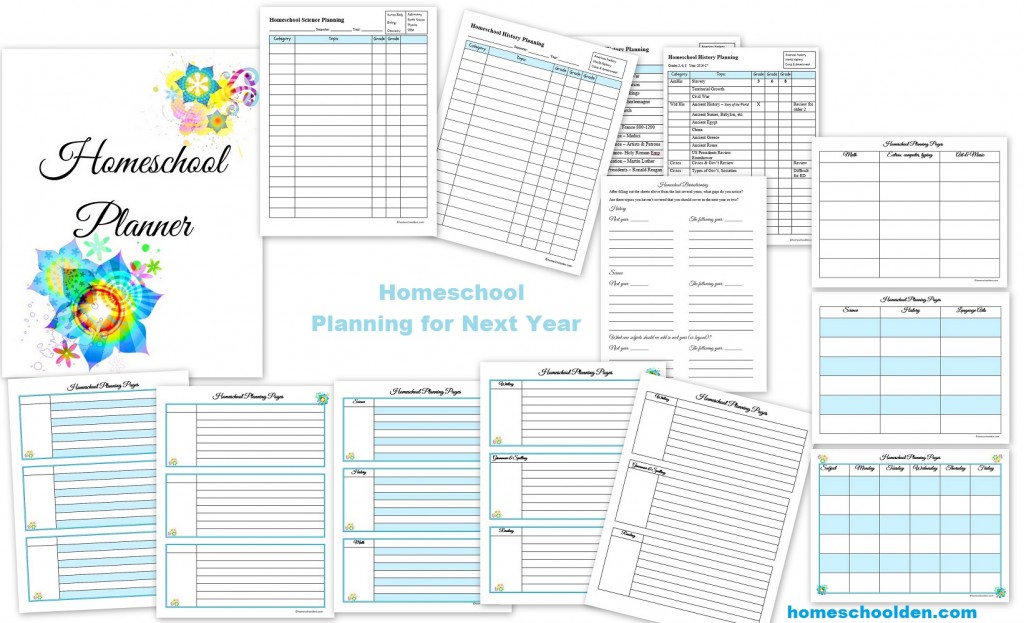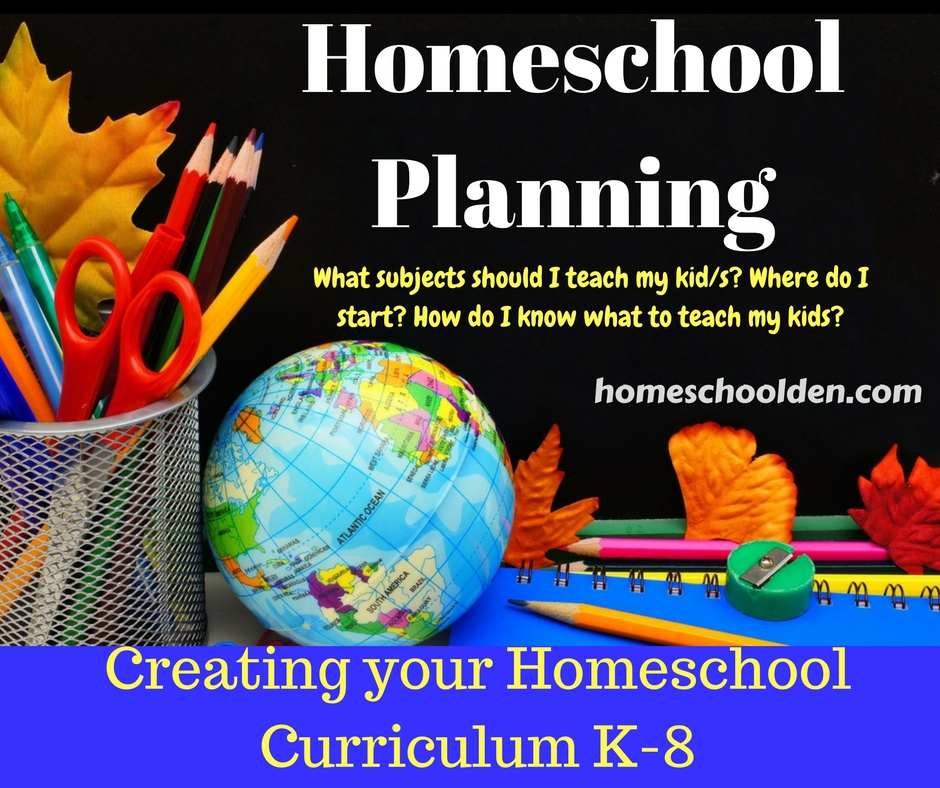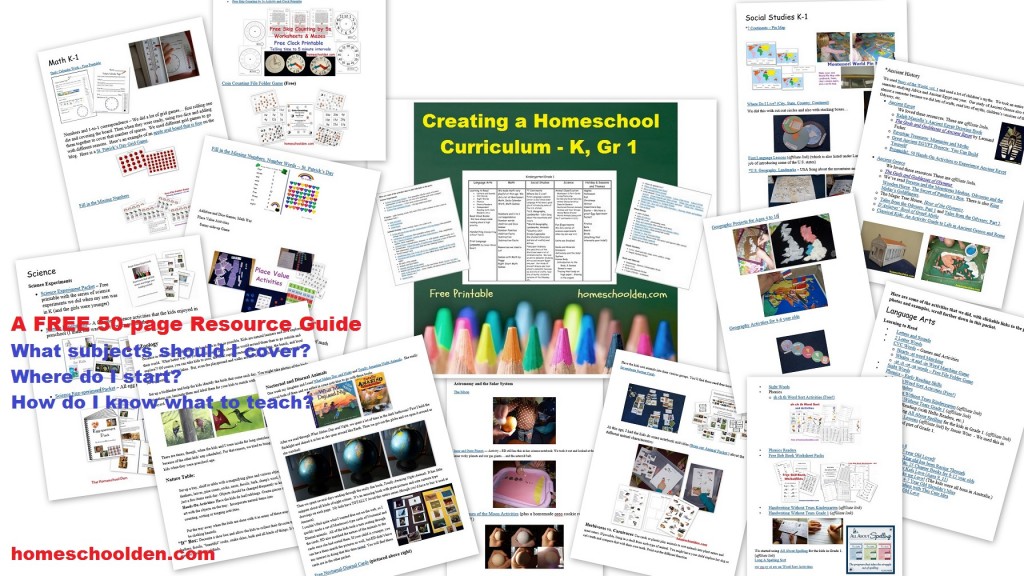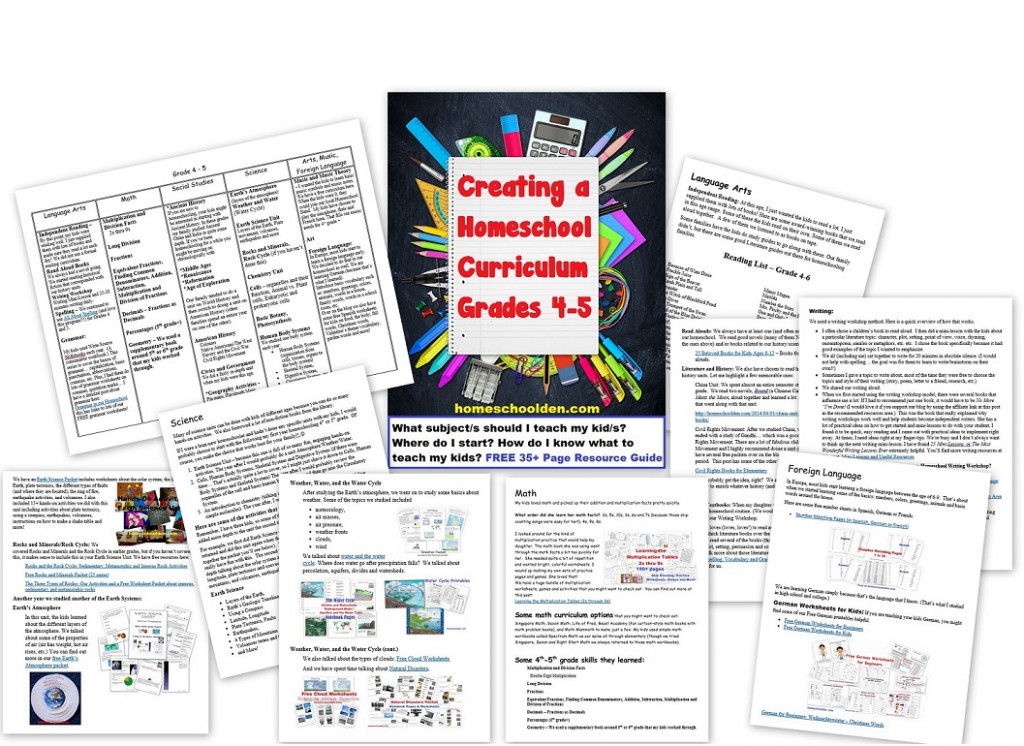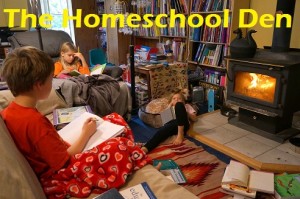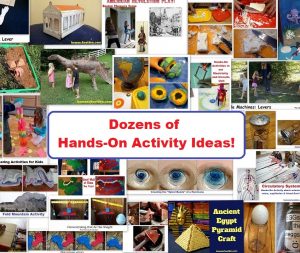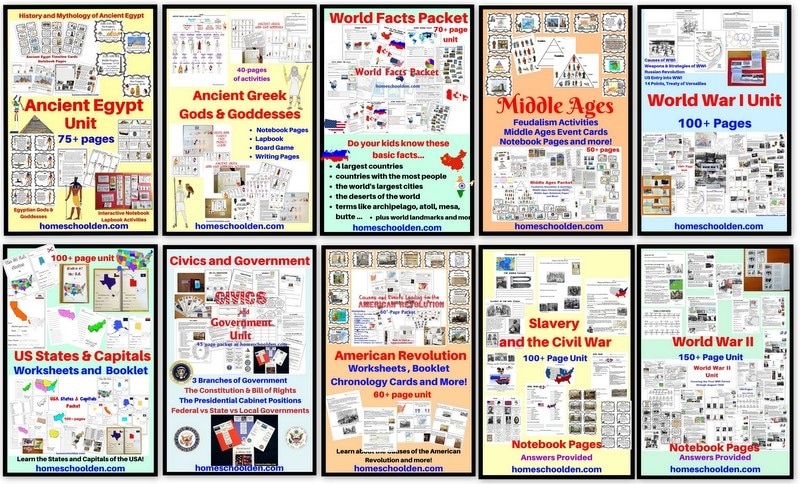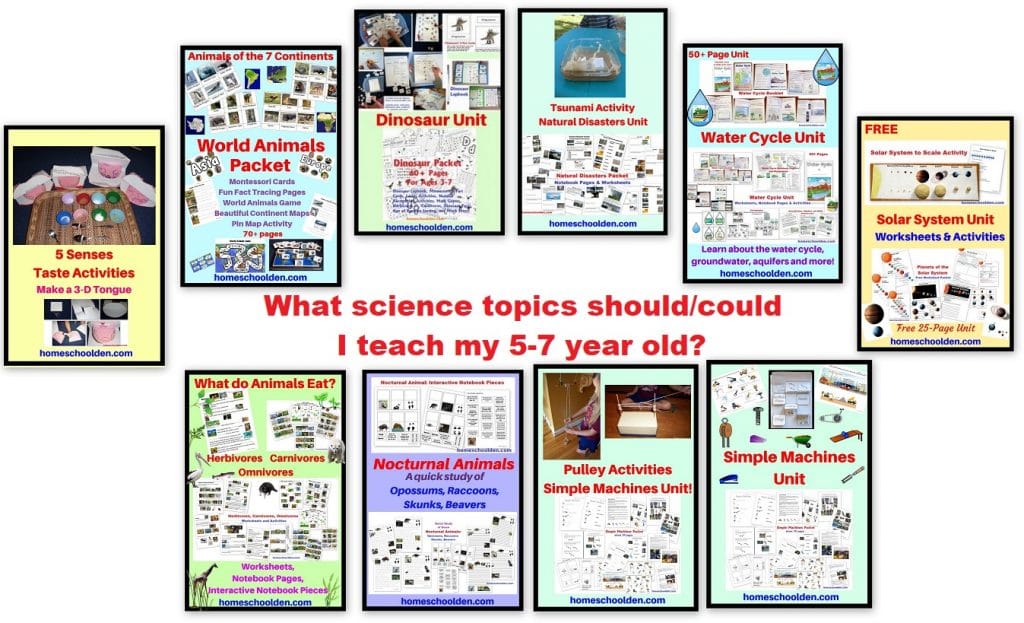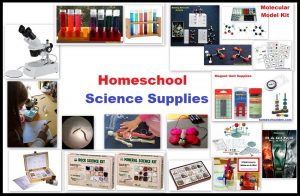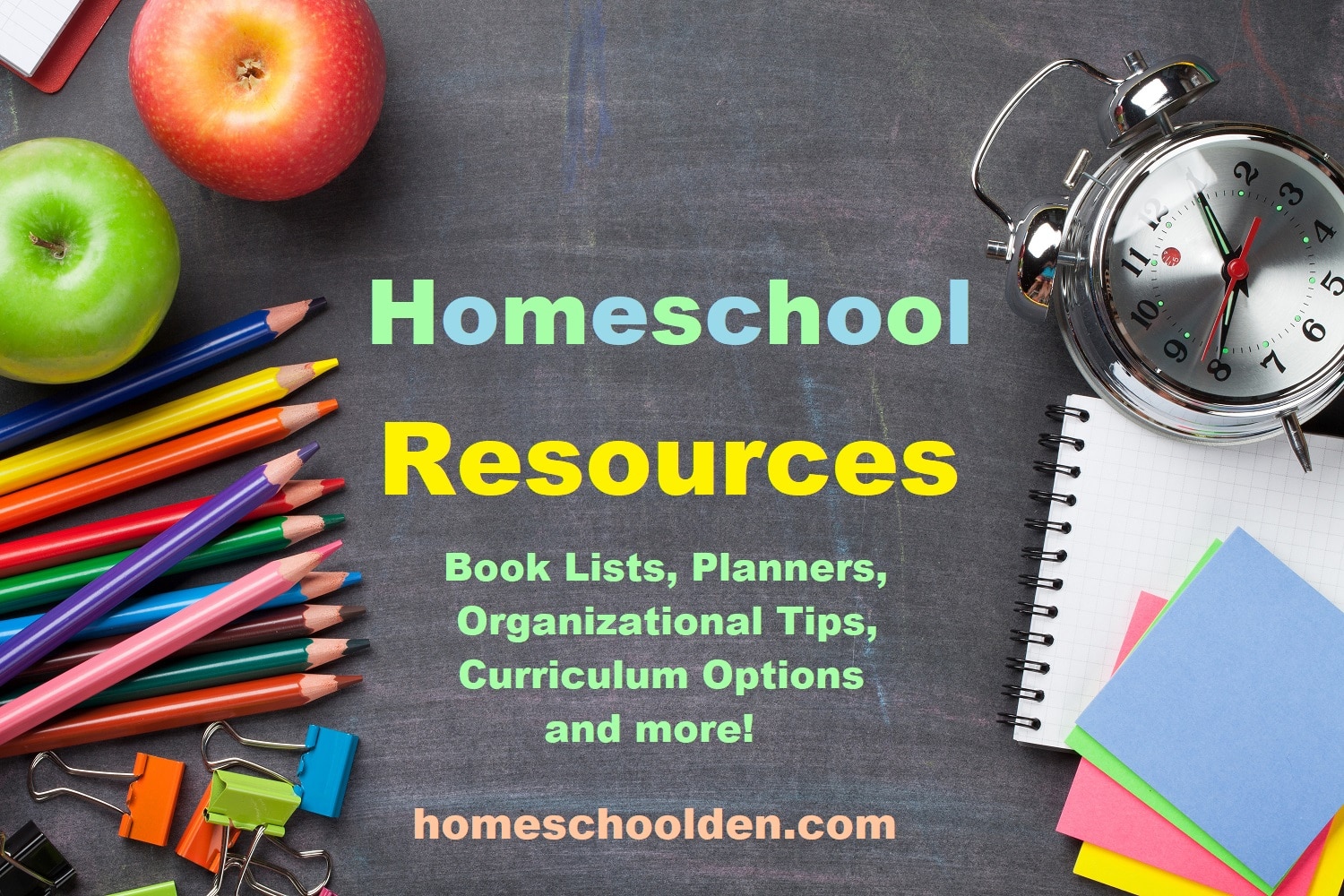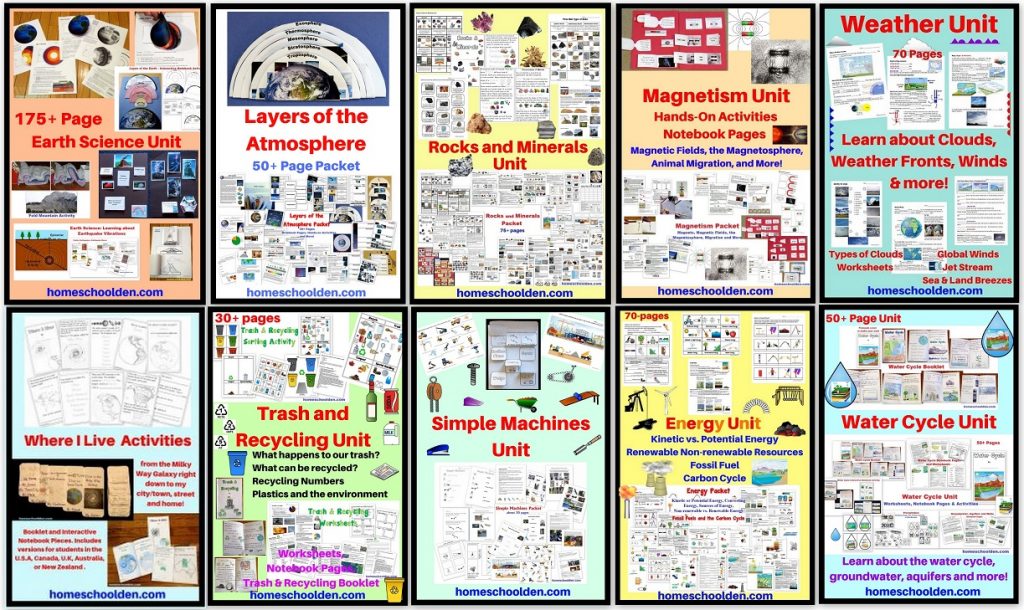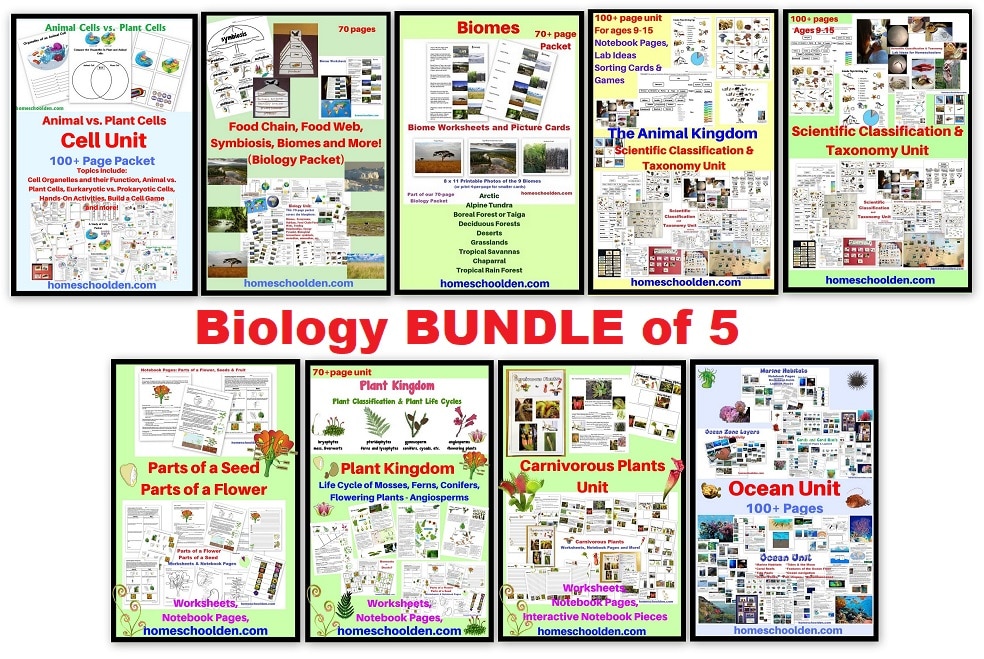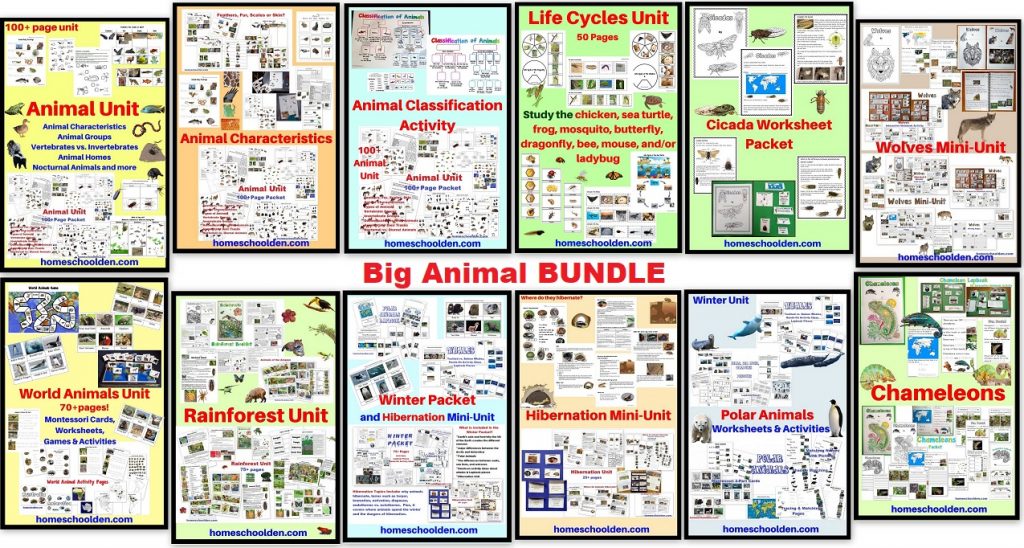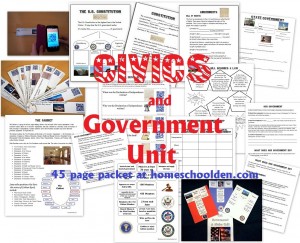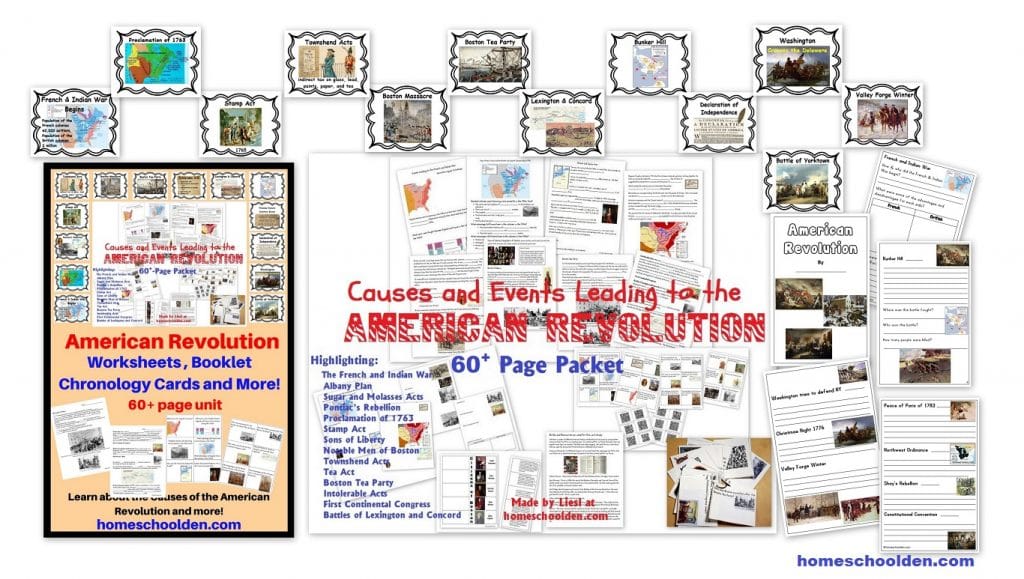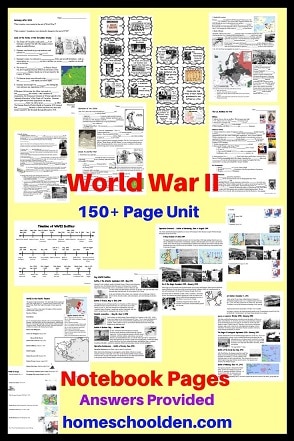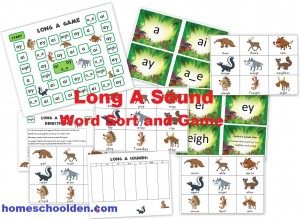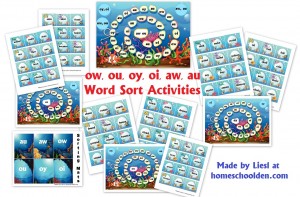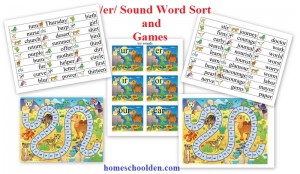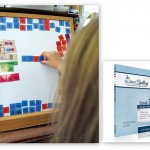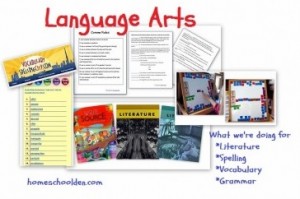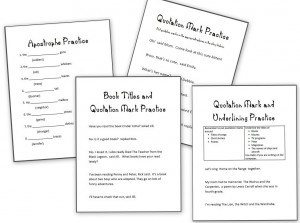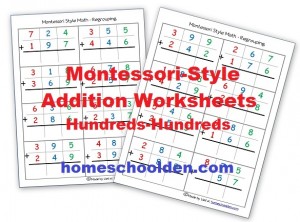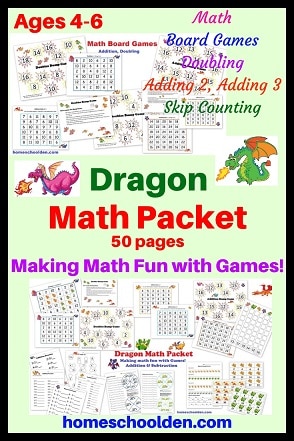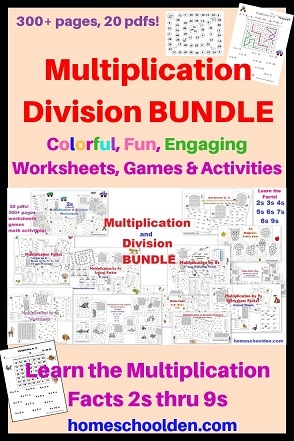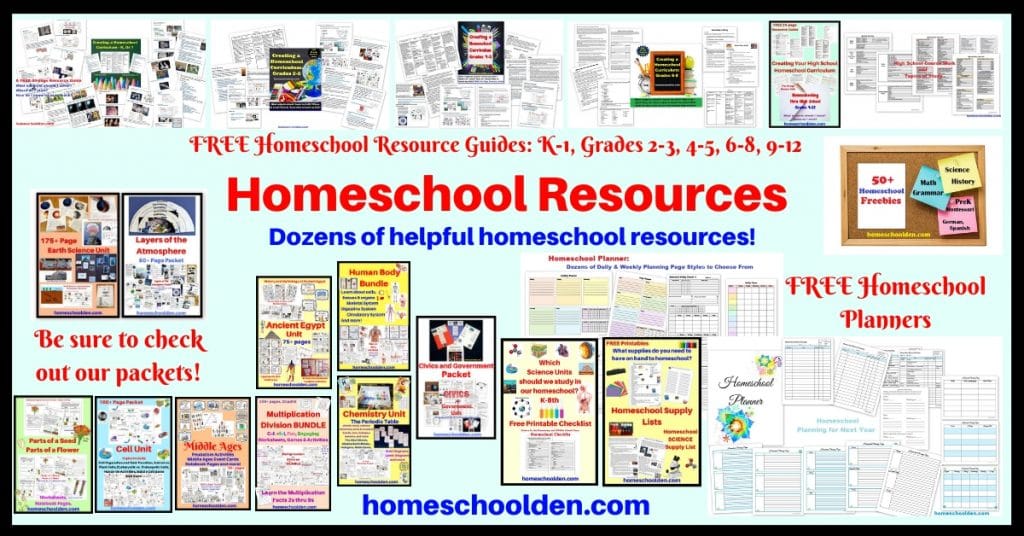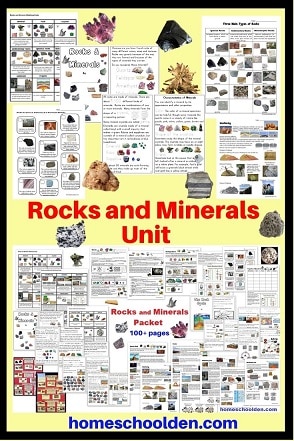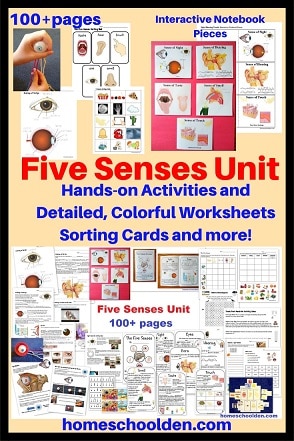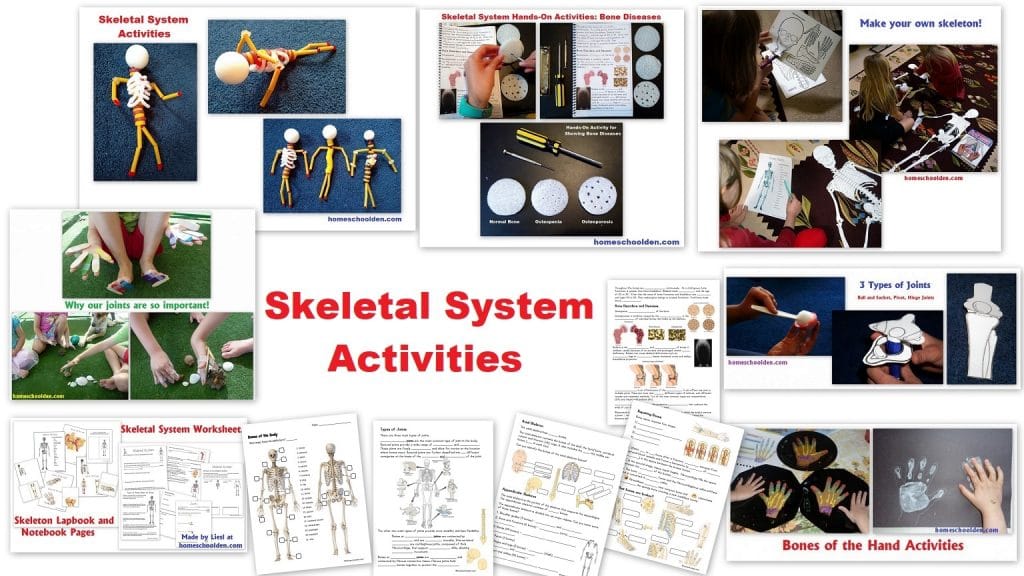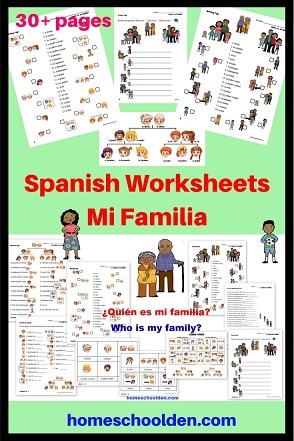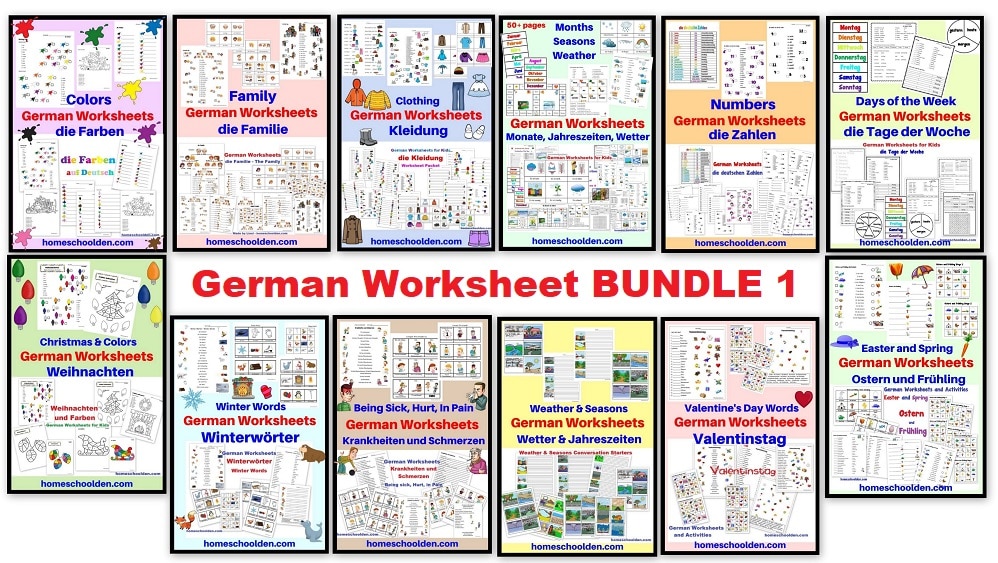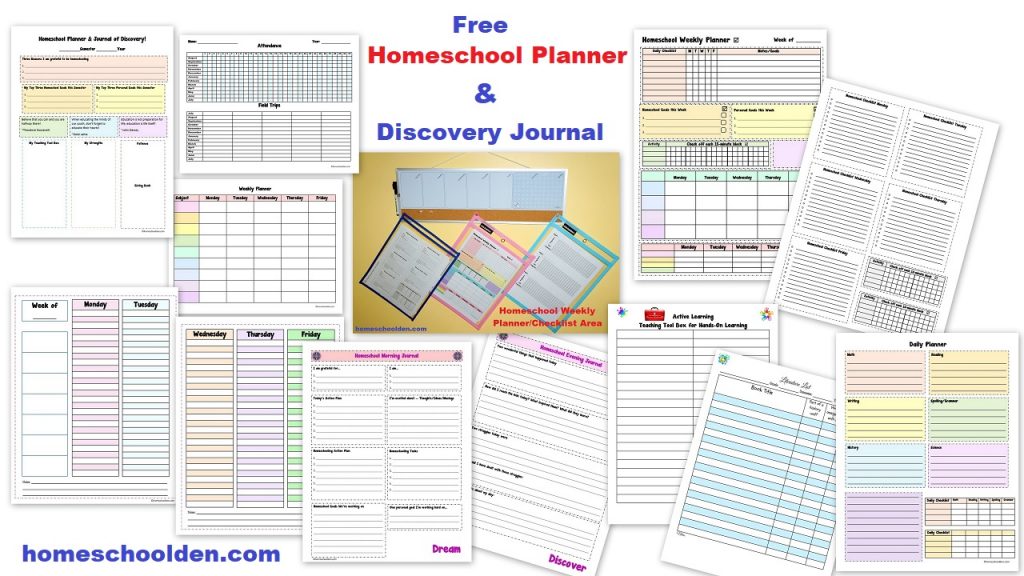Why You Need a Family Meeting!
Back to Homeschool Challenge: Day 9
There are so many positive things about holding a family meeting. They give everyone – including the kids- a sense of belonging and ownership of the rules. We want the kids to know that they have a real and important voice in the family.
Family meetings give everyone a platform for making your family a better team.
And one reason to hold a family meeting at the beginning of the year is because you can establish some guidelines and routines. This is a time to talk about your expectations.
When kids have a hand in the creation of what is acceptable (and what is not), they are much more likely remind each other to follow the rules and acquiesce when their own behavior isn’t ideal.
Random rules our family has had to make
At different seasons of our homeschooling we’ve had to address some troublesome behavior. You probably have some secret behaviors you’ve had to nip in the bud too… Some rules that jump to mind from our past
- We had to ban howling and random caws.
- We had to end the practice of breaking the erasers on all the pencils.
- We had to stop the arguments over who would sit in the “comfie” chair.
- We had to assign pencil colors because there were so many arguments about “whose” pencil that was.
- We’ve had to make a rule that no one could take and start reading another’s book.
But what has made these “rules” more tolerable (and laughable) then and now… was that we discussed those rules first before they were instituted. And, the kids all agreed.
Hold Regular Family Meetings
What has helped is that we have a platform for making those rules. We have fairly regular family meetings. Some are held with Dad, but other meetings are held during our homeschool day.
Guidelines for holding a meeting:
- Make sure the tone of the meeting is happy and positive.
- Start off with something positive: Point out some positive things you’ve noticed the kids doing recently, tasks they’ve done without being reminded, etc.
- What has gone well for them lately? What are they thankful for?
- Talk about the family unit… In what ways does our family feel like a team?
- Talk about upcoming events. Pull out the calendar and point out any big family events or trips that are coming up.
- Before establishing any rules, be sure you talk about their needs as a learner. Ask them if there are times when they need there to be some quiet when they are doing their work? When?
- Discuss why it is important to make some rules together… establish some behavior codes for certain parts of the day.
- Be light-hearted. Laugh!
- End with something fun. Once we had a toilet paper race… the kids were given a clean role of toilet paper and they had to race to mummy wrap someone from head to toe in toilet paper! Another time we played a family game of kick the can. Once we went bowling. And another time we ended with a family hike and a trip to DQ. For meetings we’ve had during the homeschool day, we often end with silly role playing (see below)… and we almost always end with a cheer – Go Homeschool!!
Topics you might want to cover
- What are your biggest goals for this year? (individually and as a family)
- What are some ideas for making family life better?
- What ways can we get along better?
- How can we avoid arguments during school time?
- Do you like the desk/work-space you have?
- Ask if there is something they feel that they need each day – quiet time? recess/time outside?
- Establish a behavior code together, establish routines, set expectations.
- You might also want to discuss things like allowance, chores, time spent on electronics, but these should probably be held at a separate meeting.
Role play:
Once we settle on some expectations, I’ve found it to be helpful for us to role play. For example, when we first started our writing workshop, I really wanted the kids to pay attention when the others shared their writing. So, we held a meeting and we talked about our expectations. We all talked about how to listen well. Then I pulled out the three things that I felt were important: look the speaker in the eye, sit up straight, keep your hands still. Then we role played being a poor listener: I had the kids turn away and stare out the window. I had them lay on the ground looking at the ceiling; then I had them role around! Finally, I had them drum their hands on the floor. Through all this we were all giggling. I really drove home how ridiculous it was to do those things while someone was trying to talk. I found that spending that 10 or 15 minutes was priceless because I could always refer back to those three rules when they weren’t listening well. Sometimes all I had to do was give the eye sign (point at my eyes with two of my fingers) and they would immediately look at the person who was sharing their work.
Set routines for certain subjects
At the very beginning of the school year, I try to make it really clear how I expect certain subjects to run. By having some set routines I prevent arguments.
For certain subjects I go over how that session is going to run. I explain where we are going to sit. When I found the kids were arguing over who sat where, I even assigned seating for one part of our day! I made it clear that during that part of our day no one would sit on the comfie chair or the floor. We went over other expectations… (like no jumping up and getting water or using the bathroom once we’ve started certain subjects). And like I said in the role playing section above, we practice act really silly and we then practice how to act… we exaggerate and laugh and giggle, but all that *really* drives the point home!!
So, that’s about it for today! Your Back to School Challenge for today: Plan out and hold your own family meeting! Let me know how it goes! ~Liesl
Have a great day! Happy Homeschooling!!
Here are links to some of the other posts in our 10-Day Back to Homeschool Challenge Series. Just one more day to go!!
- Our first challenge was just to spend a few minutes reflecting on the journey we’re on and being grateful for the opportunities we have as homeschoolers
- Then we spent time Organizing our Homeschool Work Space
- And we made sure we’re *actually* ready to homeschool in each subject. Double checking that we have the curriculum & books we need.
- We topped up on Homeschool Office and Science Supplies (without overshopping!)
- We thought about Chores and Homeschool Life – Finding a chore system that works
- We talked about taking care of ourselves day-to-day and week-to-week.
- And, we put some plans in place for the inevitable Sick Days!
Are you getting ready for the new Homeschool Year? These posts might be helpful:
Homeschool Planning for Next Year (Free Planning Pages): Homeschool Vision Planner
I shared these free Homeschool Planning Pages that I use as I try to figure out our long-range homeschooling goals. This post shares share the process I go through as I plan out the next year… I shared the planning pages that I’ve been using the past few years. I like having colorful planning pages to work on. This isn’t really a weekly/monthly planner, but rather a homeschool vision planner. This 30+-page pdf is currently FREE to download! Let me know if it’s helpful! ~Liesl
Free Homeschool Planning Pages (Homeschool Vision Planner)
You might also be interested in these FREE Homeschool Curriculum Resource Guides:
If you are looking for more practical homeschooling tips, you might be interested in our Homeschool Planning Series with tips on Creating Your Homeschool Curriculum. We have three (of four) free resource guides available for K-1, Grades 2-3 and Grades 4-5. (The Grade 6-8 Resource Guide is mostly finished. I hope to share that early this next Fall 2017.)
Creating a Homeschool Curriculum: Kindergarten, Grade 1 This FREE 50-page Resource Guide has been created to answer some basic questions: What subjects should I cover? Where do I start? How do I know what to teach. It offers topics, units and hands-on activity ideas that might appeal to your kids.
Creating a Homeschool Curriculum Grades 2-3 FREE 30-page Resource Guide
This guide is a starting point for choosing the material you might want to cover in your homeschool. What subjects, units and topics should you cover in Grades 2 and 3? Where do I start? This resource guide will offer suggestions on what topics and hands-on activities might be engaging for your kids at this age.
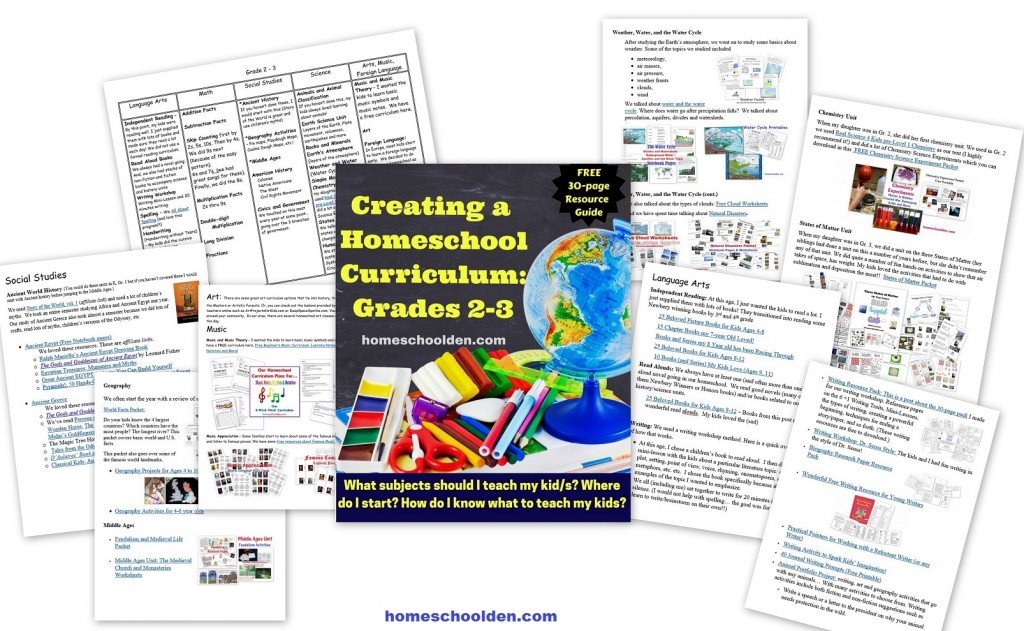
As many of you know, we started a Homeschool Den Chat FB group last January.We take a summer break, but so I’m not posting at we’ll resume regular posting toward the end of August. This is a closed FB group to share what’s working (and what’s not) in your homeschool. It’s a place to talk about the ups and downs of homeschool life.
• Share what’s working in your homeschool.
• Get inspiration from others!
• Talk about homeschool strategies that work.
• Learn from one another.
Find out more about the Homeschool Den Chat Group here.
See you again soon here or over at our Homeschool Den Facebook Page! You might also want to check out some of our resources pages above (such as our Science, Language Arts, or History Units Resource Pages) which have links to dozens of posts. You might want to join our free Homeschool Den Chat Facebook group. Don’t forget to check out Our Store as well. ~Liesl
I’ve chosen not to use pop-up boxes at this point, but you can click here to Subscribe to our Homeschool Den Newsletter! Newsletters will resume in the Fall.
